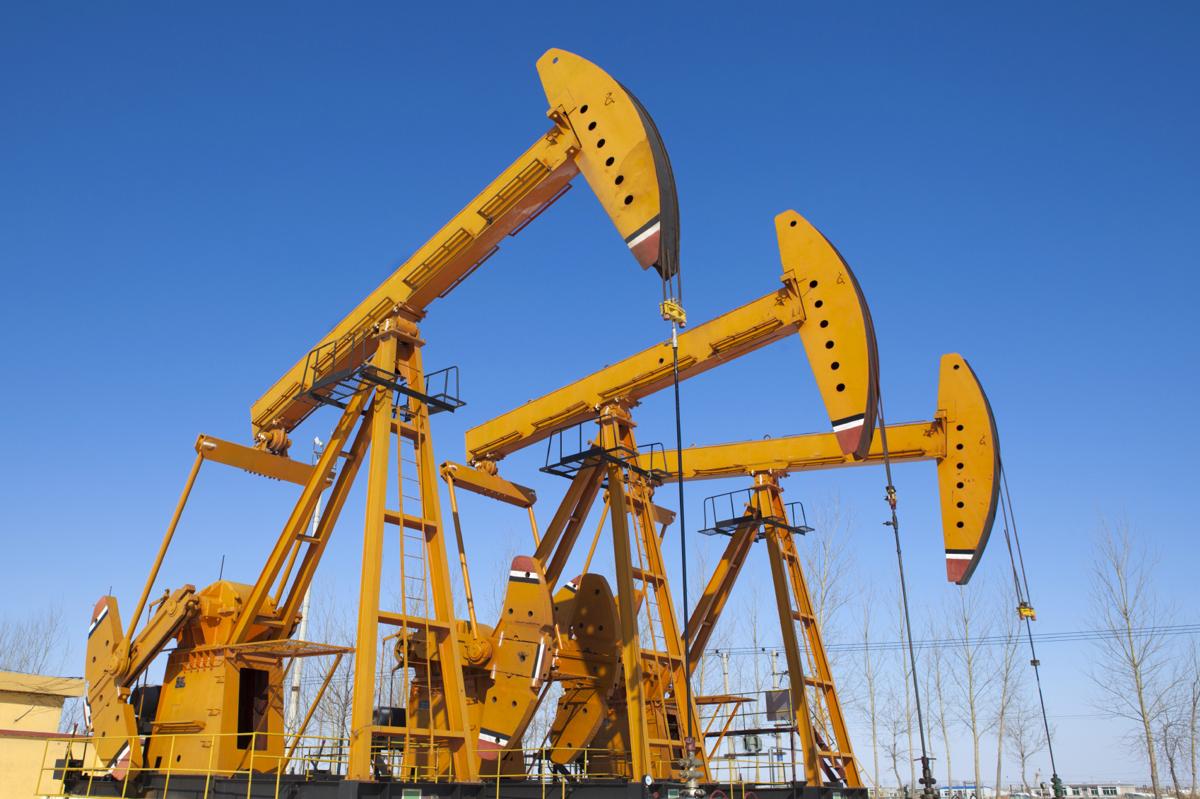At Motherboard, Nafeez Ahmed reports on a crucial new scientific paper prepared for the UN by a team of Finnish biophysicists. Among other things, the paper shows how the use of fossil fuels is becoming increasingly expensive and inefficient; since we have to dig deeper in more remote places to extract the earth’s remaining oil, for example, we are using more and more energy to obtain the same amount of fuel. This makes the transition to renewable energy more urgent than ever. But as the scientists note, this transition is slowed by the fact that traditional economics doesn’t take into account this increasing inefficiency of energy extraction.
Check out an excerpt from Ahmed’s article below:
Hall and Klitgaard are highly critical of mainstream capitalist economic theory, which they say has become divorced from some of the most fundamental principles of science. They refer to the concept of ‘Energy Return on Investment’ (EROI) as a key indicator of the shift into a new age of difficult energy. EROI is a simple ratio that measures how much energy we use to extract more energy.
“For the last century, all we had to do was to pump more and more oil out of the ground,” say Hall and Klitgaard. Decades ago, fossil fuels had very high EROI values—a little bit of energy allowed us to extract large amounts of oil, gas and coal.
But as I’ve previously reported for Motherboard, this is no longer the case. Now we’re using more and more energy to extract smaller quantities of fossil fuels. Which means higher production costs to produce what we need to keep the economy rolling. The stuff is still there in the ground—billions of barrels worth to be sure, easily enough to fry the climate several times over.
But it’s harder and more expensive to get out. And the environmental costs of doing so are rising dramatically, as we’ve caught a glimpse of with this summer’s global heatwave.
These costs are not recognised by capitalist markets. They literally cannot be seen by prevailing economic models.
Image via sciencestruck.com.
